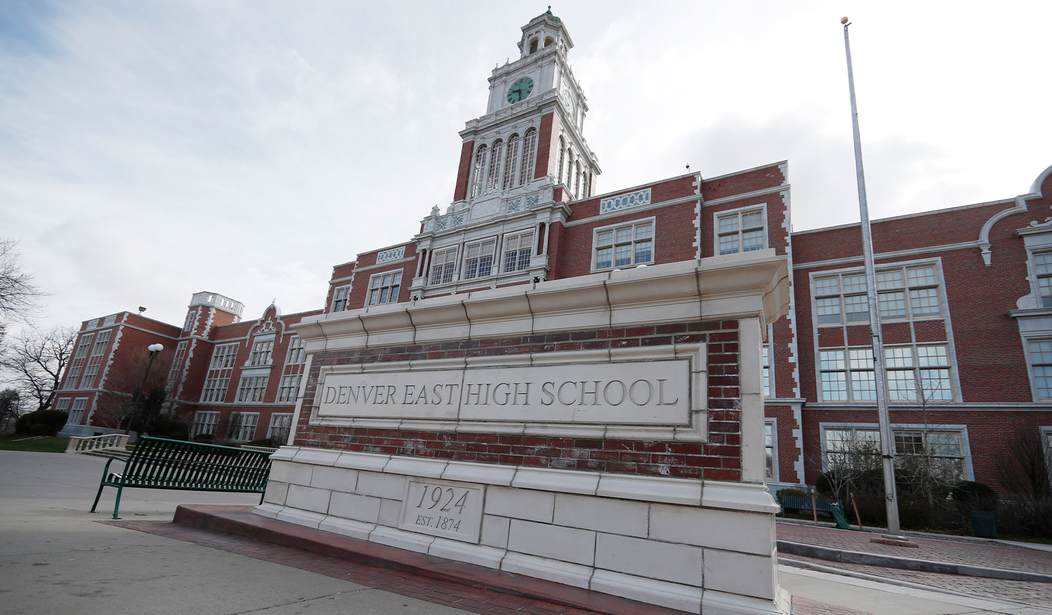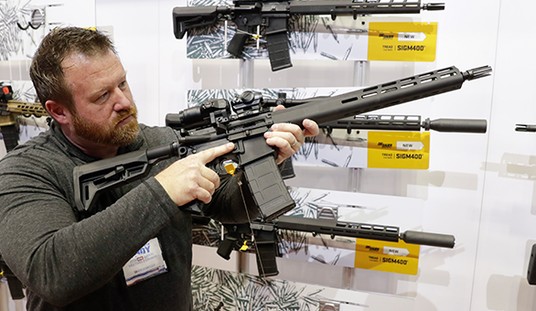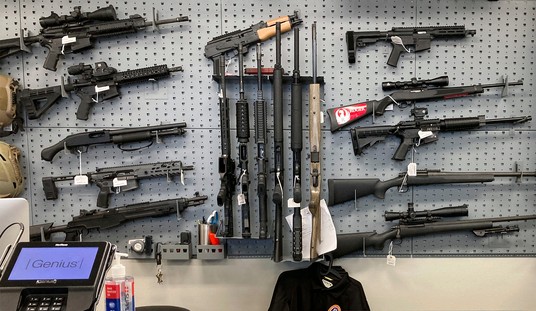The Denver public school system has gotten a lot of criticism for its push to keep troubled kids away from law enforcement, even when there's evidence of serious crimes being committed. The school district is trying to silence those critics with a brand new "discipline matrix" that sets out guidelines for punishing students who commit crimes on campus, but based on the details I don't think many parents or students are going to be satisfied.
Under the new rules, students won't be summarily expelled even if they murder another child on school grounds, while setting fire to a school building or threatening to shoot up a classroom could result in a suspension of just three days.
Level one offenses include behaviors such as horseplay, refusing to follow the directions of a staff member, or disturbing the learning environment, among others. Students can’t be suspended or expelled for a level one offense. Instead, the discipline matrix recommends the school put in place interventions and use restorative practices when possible.
Level two offenses include behavior such as bringing nicotine products to school, stealing or destroying property worth less than $499, or making “heat of the moment” threats. A student could receive a one-day in-school suspension for a level two offense.
Level three offenses include behavior such as possessing alcohol or marijuana at school, or verbally bullying or harassing someone. Younger students — those in preschool through third grade — could receive a two-day in-school suspension for a level three offense. Older students in fourth through 12th grade could be suspended out of school for one day.
Level four offenses include behavior such as physically bullying or harassing someone, indecent exposure, or agreeing to fight another student. Younger students could be suspended out of school for one day, while older students could be suspended for two days.
Level five offenses include behavior such as bringing a dangerous weapon to school, threatening to commit a school shooting, selling drugs, stealing a vehicle, or committing arson. Younger students could be suspended out of school for a day, but likely not expelled as the matrix notes that “expulsion is not best practice.” Older students could be suspended for up to three days. Older students could also be recommended for expulsion.
Level six offenses include displaying a dangerous weapon at school or threatening to use it, or committing serious physical assault or sexual assault. Younger students could be suspended out of school for up to three days but likely not expelled. Older students could be suspended for up to five days. The matrix requires that older students also undergo an expulsion review.
Level seven offenses include bringing a gun to school, attempted homicide, and homicide. All students, regardless of age, who commit a level seven offense will undergo an expulsion review. The matrix notes that bringing a fake gun to school does not count as a level seven offense.
This is downright insane. Offenses like sexually assaulting a classmate or a school staffer should result in an immediate expulsion along with criminal charges, not a slap on the wrist. But as George Brauchler, a former D.A. who's now running to serve as the top prosecutor in the newly-created 23rd Judicial District, points out in a new column, the Democratic majority in the state legislature is making it easier for kids to commit more and more serious crimes without fearing the consequences of their actions.
When a juvenile commits a violent crime and poses a serious risk to our community, our reasonable expectation is they are detained. Prior to 2003, there was no cap on the number of spaces available for juvenile detentions. If there were 500 violent juveniles all 500 could be detained pending the outcome of their cases. The legislature changed all that more than 20 years ago. Instead of creating a system governed by the number of violent juveniles and their risk to the community and others, our elected representatives chose an arbitrary number of juveniles who could be detained. From 2004 until 2011, that number was 479. Across the entire state of Colorado. Why? Who knows?
If there were 500 violent juvenile offenders, 21 of them would get to go home — maybe next door to you, because the state had reached its maximum allowable occupancy. A lot has changed since then, for the worse.
In 2004, Colorado’s population of those juveniles eligible for the justice system (ages 10-to-17) was 518,498. By 2020, that number had grown to 580,601, an increase of 12%. Outpacing that growth in population is the increasing number of violent juvenile criminal acts from 2010 to now, including robbery (up 12.3%), aggravated assault (up 17%), and murder (up 210%).
The obvious, non-high-as-a-kite answer in light of such increased numbers would be to increase the number of violent juveniles who could be detained, right? Nope.
As Brauchler details, the number of beds in juvenile detention facilities has been cut by more than 50%. Right now the state of Colorado has just 215 spaces available for serious juvenile offenders, which means that many teens and younger children accused of committing serious crimes are returned home... and in Denver, anyway, are soon going to be back in the classroom.
Colorado lawmakers spent a lot of time and energy cracking down on legal gun owners this past session; creating new training mandates for concealed carry licensees, more red tape for gun stores, and establishing more "gun-free zones" across the state. But Brauchler says there was also an attempt to immunize those between the ages of 10 and 12 from being prosecuted for any criminal offenses they might commit; an idea that is sure to re-emerge at the state capitol next session, alongside bans on so-called assault weapons and more restrictions on the right to carry.
And how well is this strategy working out in terms of public safety? According to statistics, while the overall number of juvenile offenses has declined, violent offenses are way up. And let's be honest; given the soft-on-crime stance adopted by Democrats, many non-violent offenses and low-level crimes probably aren't even being reported to police, whether they take place on campus or not.
Democrats in Colorado are going hog wild attacking the Second Amendment while coddling young criminals. Unfortunately, until they start to pay a political price for their legislative priorities, things are only going to get worse.









